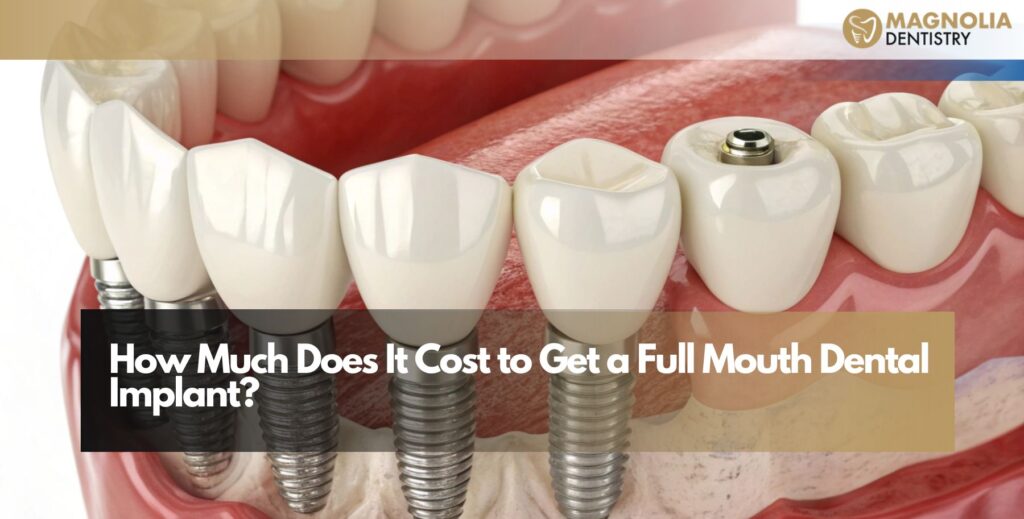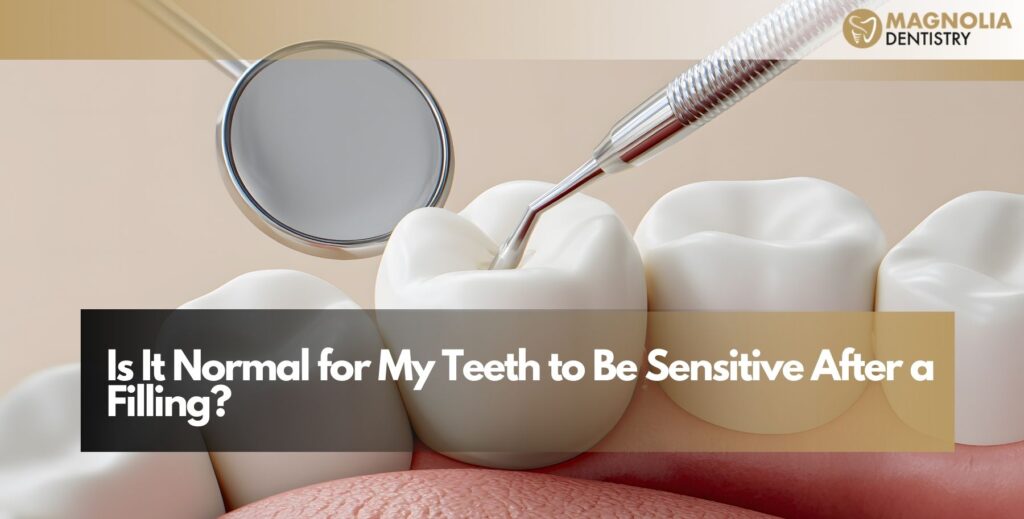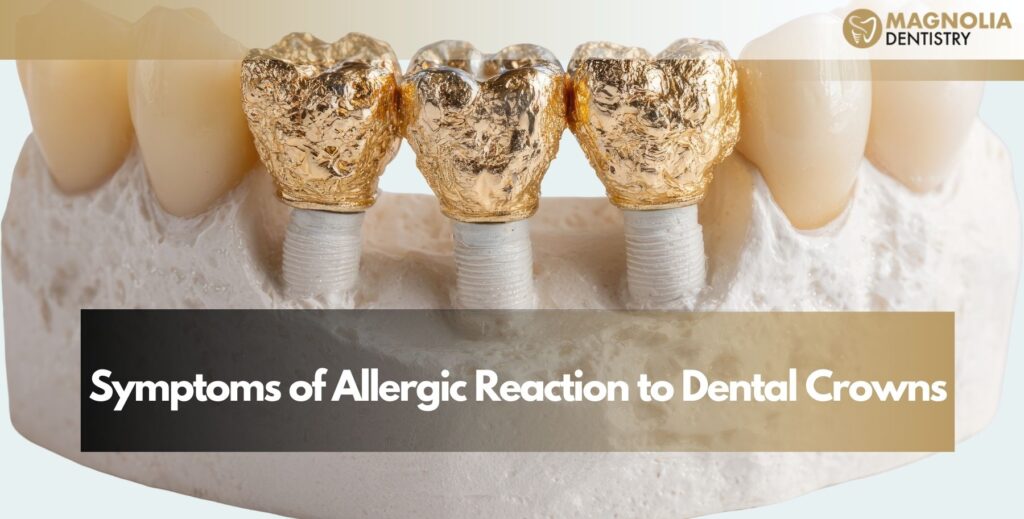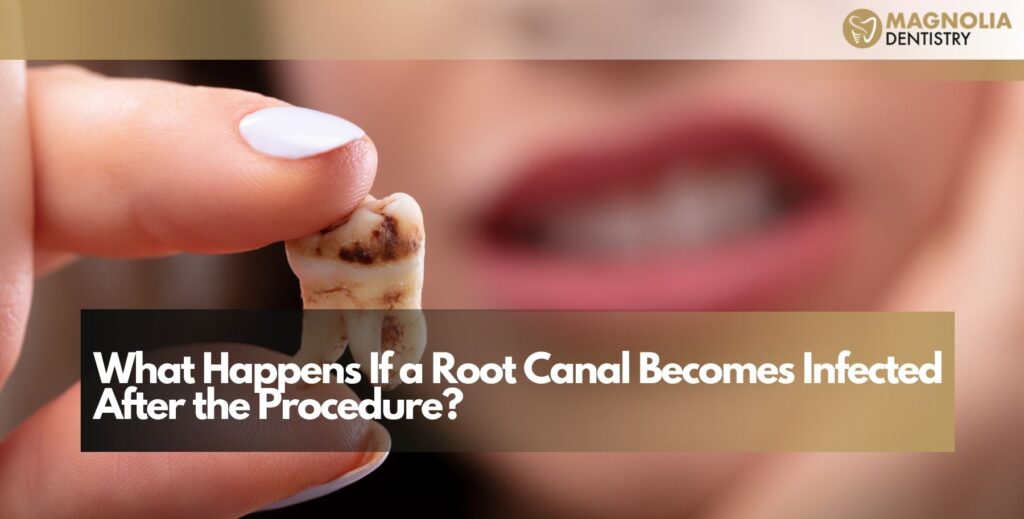Replacing missing teeth isn’t just about restoring your smile — it’s about reclaiming your comfort, confidence, and ability to live freely. For many adults, full mouth dental implants are the most effective long-term solution to replace multiple missing or damaged teeth. They look natural, feel strong, and function almost exactly like real teeth.
Still, one of the most common questions patients ask is: How much does it cost to get a full mouth dental implant?
The truth is, the price can vary widely. It depends on your oral condition, the type of implants used, the materials, and the complexity of the procedure. This detailed guide explains everything you need to know — from what affects the full mouth dental implants cost, to financing options, treatment steps, and long-term benefits.
Understanding Full Mouth Dental Implants
Before we dive into pricing, it’s important to understand what full mouth dental implants actually are — and why they differ from other tooth replacement methods.
What Are Full Mouth Dental Implants?
Full mouth dental implants are a permanent solution for patients who have lost most or all of their teeth. Instead of replacing each tooth individually, several dental implants (usually four to eight per arch) are surgically placed in the jawbone to hold an entire set of prosthetic teeth.
The result? A fixed, natural-looking smile that restores full chewing function and prevents bone loss.
How They Work
Each dental implant acts as an artificial root, typically made of titanium or zirconia. Once inserted into the jawbone, the implant fuses with the bone through a process called osseointegration. This forms a stable foundation for crowns, bridges, or full dentures.
When the implants are fully integrated, your dentist attaches a full-arch prosthesis (a bridge or denture) that looks and feels just like natural teeth.
Why Full Mouth Implants Are Preferred
Compared to traditional dentures, full mouth implants offer superior comfort and stability. They don’t slip, require adhesives, or irritate gums. More importantly, they help preserve jawbone density — something removable dentures cannot do.
Full mouth implants also offer aesthetic benefits, restoring facial structure and giving patients a youthful, confident appearance.
Factors That Influence the Cost of Full Mouth Dental Implants
The cost of full mouth dental implants varies depending on several factors. Every patient’s situation is unique, and treatment plans are customized to match their health, goals, and budget.
Here’s what determines the final cost:
Number of Implants Needed
The number of implants placed directly affects the cost. Some patients need only four implants per arch (known as the All-on-4 system), while others may require six or eight for added support and bone coverage.
More implants mean greater stability, but also higher surgical and material costs.
Type of Implant System
Different implant systems and brands are available, and they vary in price. Premium systems from globally recognized manufacturers cost more but often offer better durability, precision, and warranty coverage.
Materials Used
Implants are typically made from titanium, which is biocompatible and long-lasting. Zirconia implants, which are metal-free, may be more expensive due to their manufacturing process and aesthetic appeal.
The prosthetic teeth can also be made from acrylic, porcelain, or zirconia — each material offering a different balance of cost, durability, and realism.
Jawbone Condition and Grafting Requirements
If bone loss has occurred, a bone graft or sinus lift may be needed to strengthen the jaw before implants are placed. These additional procedures increase overall cost but are crucial for long-term success.
Type of Prosthesis
There are several types of full arch restorations:
- Fixed Bridge: Permanently attached and only removable by a dentist.
- Hybrid Denture: Fixed to implants but has a lightweight acrylic or porcelain base.
- Removable Implant Denture: Snaps onto implants for easy cleaning.
Each option has a different cost range and maintenance plan.
Geographic Location and Clinic Expertise
Where you get treatment also plays a big role. The full mouth dental implants cost in metropolitan areas like Los Angeles or New York is generally higher than in smaller towns, due to clinic overhead and demand.
The experience of your dental surgeon also affects pricing. Highly skilled implant specialists may charge more, but they also provide precision, safety, and predictable outcomes.
Diagnostic Tests and Technology
Modern dental implant procedures rely on advanced imaging and digital planning — including 3D cone-beam CT scans, surgical guides, and computer-aided design. These technologies add to the cost but greatly improve accuracy and comfort.
Average Cost of Full Mouth Dental Implants
While prices vary by patient, here’s a general breakdown of what you can expect in the U.S.
Single Dental Implant
- $1500 to $3,000 per implant (including crown)
Full Arch (Upper or Lower) Implants
- $15,000 to $30,000 per arch for implant-supported dentures
Full Mouth (Upper and Lower)
- $30,000 to $60,000 total, depending on number of implants and materials used
Premium Systems (All-on-6 or All-on-8)
- $45,000 to $80,000, offering maximum stability and long-term function
Keep in mind, these estimates often include the implant posts, abutments, and final prosthetic bridge — but not bone grafting or other preparatory procedures.
Comparing Full Mouth Implants With Other Tooth Replacement Options
It’s helpful to understand why full mouth implants cost more than other solutions — and why they’re often the most valuable in the long run.
Traditional Dentures
Dentures are the least expensive option, costing between $1,000 and $3,000 per arch. However, they rest on the gums and don’t stimulate bone, leading to bone loss over time. They can also slip, affect speech, and require frequent adjustments.
Implant-Supported Dentures
These dentures attach to 2–4 implants and offer more stability. They cost between $6,000 and $15,000 per arch. However, they’re removable and still depend partly on gum support.
Full Mouth Dental Implants
Full mouth implants are fixed, functional, and preserve bone structure. Though the initial investment is higher, their lifespan and natural performance make them the most cost-effective option over time.
Breakdown of Costs by Procedure Stage
To understand where your investment goes, let’s break down the process and its associated costs.
Consultation and Planning
Your initial exam includes 3D imaging, X-rays, and oral evaluation. This step helps the dentist determine bone density, gum health, and the right implant approach.
Average cost: $300 – $800
Tooth Extraction and Bone Grafting
If you have damaged or remaining teeth, they may need removal before implants. Bone grafting or sinus lift procedures may also be necessary if bone volume is insufficient.
Average cost: $300 – $3,000 (depending on complexity)
Implant Placement Surgery
This is the surgical procedure where titanium posts are inserted into the jawbone.
Average cost: $1,500 – $3,000 per implant
You may need 4–8 implants per arch depending on your case.
Temporary Teeth or Healing Denture
During the healing period (usually 3–6 months), temporary dentures or bridges are provided to maintain appearance and function.
Average cost: $500 – $2,000
Abutments and Final Prosthesis
Once healing is complete, abutments (connectors) are attached, and your final bridge or denture is fitted.
Average cost: $10,000 – $20,000 per arch depending on materials.
Types of Full Mouth Implant Solutions
Different full-arch solutions are available, designed to suit your lifestyle, bone structure, and budget.
All-on-4 Dental Implants
This system uses four strategically placed implants per arch — two vertical in the front and two angled in the back — to support an entire bridge. It’s efficient, minimizes surgery, and is often suitable for patients with moderate bone loss.
All-on-6 Dental Implants
All-on-6 implants use six implants per arch for greater stability and load distribution. They’re ideal for patients needing enhanced bite strength or who have softer bone quality.
Zirconia or Hybrid Bridges
A full-arch bridge made from zirconia is extremely strong, stain-resistant, and lifelike. Hybrid bridges combine a titanium framework with an acrylic or porcelain overlay for a balance of aesthetics and cost.
Why Full Mouth Dental Implants Are Worth the Investment
While the cost of full mouth dental implants may seem high, their benefits make them a life-changing investment.
Long-Term Durability
Implants are designed to last decades — often a lifetime — with proper care. The success rate is over 95%, making them one of the most predictable procedures in dentistry.
Natural Appearance
The prosthetic teeth are crafted to match your facial shape, lip line, and natural tooth color. Most people can’t tell the difference between implants and real teeth.
Improved Function and Comfort
Unlike dentures, implants don’t shift or move when eating or speaking. You can enjoy all your favorite foods again without discomfort or worry.
Bone Preservation
Implants stimulate the jawbone, preventing bone resorption that normally follows tooth loss. This helps maintain facial structure and avoids the “sunken” appearance common with dentures.
Enhanced Confidence
A complete, natural-looking smile boosts self-esteem and helps patients feel younger, more vibrant, and socially confident.
Low Maintenance
Implants require only normal brushing, flossing, and routine dental visits — no special adhesives or soaking solutions are needed.
Financing and Insurance Options
Most dental insurance plans cover only part of the implant process or exclude cosmetic procedures entirely. However, there are flexible ways to manage payments.
Dental Insurance
Check whether your plan covers parts of the procedure, such as extractions, X-rays, or crowns. Some plans offer partial reimbursement for implant-supported prosthetics.
Payment Plans and Financing
Many clinics offer interest-free or low-interest financing through companies like CareCredit or LendingClub. This allows you to divide the total full mouth dental implants cost into manageable monthly payments.
Health Savings Accounts (HSA) or Flexible Spending Accounts (FSA)
You can often use funds from these accounts to pay for implants since they are a restorative, medically necessary treatment for missing teeth.
The Full Mouth Implant Process Step by Step
Let’s take a closer look at what happens from start to finish.
Consultation and Evaluation
A thorough dental exam, including 3D imaging, helps determine your oral health and bone density. Your dentist will review your medical history and create a customized plan.
Pre-Treatment Procedures
If needed, old teeth are extracted and bone grafting is performed to strengthen the jawbone. Healing time varies but usually lasts a few months before implants are placed.
Implant Placement Surgery
Using local anesthesia or sedation, the dentist places implant posts into your jawbone. Modern techniques make this procedure comfortable and minimally invasive.
Healing and Osseointegration
The bone gradually fuses with the implants over 3–6 months. Temporary teeth can be worn during this stage for function and aesthetics.
Abutment and Prosthesis Placement
Once healed, abutments are attached to the implants, and your permanent full-arch bridge or denture is secured in place.
Final Adjustments and Follow-Up
Your dentist ensures your bite is balanced and comfortable. Follow-up visits help monitor healing and ensure long-term success.
Recovery and Aftercare
Healing after full mouth implants is usually smooth, but proper aftercare ensures lasting results.
Immediately After Surgery
- Mild swelling or soreness is normal and fades within a few days.
- Eat soft foods and avoid smoking or alcohol.
- Take prescribed antibiotics or pain relievers as directed.
Long-Term Care
- Brush and floss daily using a soft toothbrush or water flosser.
- Schedule professional cleanings every 6 months.
- Avoid biting extremely hard foods like ice or nutshells.
With consistent care, your implants can remain functional and beautiful for decades.
Longevity: How Long Do Full Mouth Implants Last?
Full mouth implants are built for longevity. The titanium posts can last a lifetime, while the prosthetic bridge may last 15–20 years or more depending on material and maintenance.
Regular checkups and cleanings ensure early detection of any minor issues before they affect your implants.
Are Full Mouth Implants Right for You?
You may be a great candidate for full mouth implants if you:
- Have lost most or all teeth
- Want a permanent, non-removable solution
- Have adequate bone structure or can undergo grafting
- Don’t want the discomfort of dentures
- Are in good overall health
A detailed evaluation will confirm if implants are suitable for your condition.
Why Choose a Skilled Implant Dentist
Implant dentistry combines art, science, and precision. Choosing an experienced implant specialist ensures:
- Accurate placement and bone integration
- Long-term stability and function
- Aesthetic results that complement your face and smile
At Magnolia Dentistry, We Provide Full Mouth Dental Implants in Burbank, CA, using advanced digital planning, high-quality materials, and patient-centered care to deliver natural, lasting smiles.
The True Value Behind Full Mouth Dental Implants
When considering the cost of full mouth dental implants, remember that you’re investing in more than teeth. You’re investing in comfort, nutrition, confidence, and overall quality of life.
Patients who choose full mouth implants often say it’s one of the best decisions they’ve ever made — both functionally and emotionally.
No other treatment replicates the strength, feel, and longevity of dental implants. They don’t just replace lost teeth; they restore what makes you feel whole again.
Conclusion
The full mouth dental implants cost depends on several factors — the number of implants, materials, bone condition, and your treatment goals. While the upfront cost is significant, the long-term benefits far outweigh temporary alternatives.
Dental implants restore not just your smile but your confidence, health, and peace of mind. With proper care, they can last a lifetime — making them one of the best investments in oral health available today.
FAQs
What’s the average cost for full mouth dental implants?
In the U.S., prices range from $30,000 to $60,000 for both arches, depending on materials, implant type, and location.
Are full mouth implants covered by insurance?
Most insurance plans don’t cover implants entirely, but they may cover parts of the process like extractions, scans, or crowns.
How long does the full treatment take?
Typically 4–8 months, including healing time. Some same-day procedures provide temporary teeth immediately.
Do full mouth implants hurt?
With anesthesia and sedation, discomfort is minimal. Most patients return to normal activities within a few days.
How long do implants last?
Implants can last a lifetime with proper hygiene and regular dental visits. The bridge may need replacement after 15–20 years.
Can smokers get dental implants?
Yes, but smoking delays healing and increases the risk of implant failure. Dentists strongly recommend quitting before surgery.
What are the alternatives to full mouth implants?
Alternatives include dentures or implant-supported overdentures, but these don’t provide the same stability or bone preservation.
Is financing available for implants?
Yes. Many clinics offer flexible payment plans or third-party financing options to make treatment more affordable.




